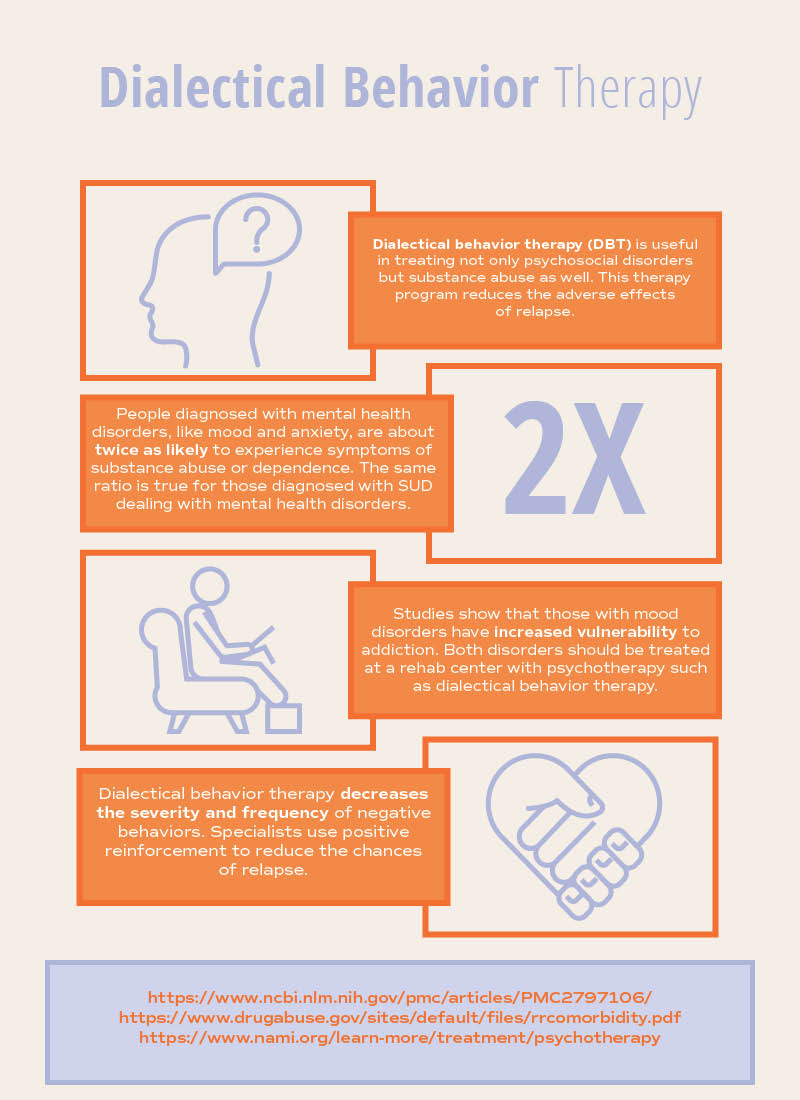

Importance Dialectical behavior therapy (DBT) is an empirically supported treatment for suicidal individuals. Australasian psychiatry : bulletin of Royal Australian and New Zealand College of Psychiatrists. Large M, Ryan C, Walsh G, Stein-Parbury J, Patfield M. Meta-analysis of suicide rates among psychiatric in-patients.
Dialectic behavior therapy trial#
Dialectical Behavior Therapy for High Suicide Risk in Individuals With Borderline Personality Disorder: A Randomized Clinical Trial and Component Analysis. Linehan MM, Korslund KE, Harned MS, et al.

However, there is a need for more research into the protective and suicidogenic aspects of psychiatric hospitalization more generally and clinicians should be aware of the possibility of doing more harm than good.ġ. We were relieved to see that this uncomfortable idea aired in relation to borderline personality disorder. Suicides due to factors such as the trauma, stigma and loss of liberty and social support as a result of inpatient psychiatric treatment can be termed ‘nosocomial suicides’.

However, even if this combination accounts for some, or even most, inpatient suicides there is no reason to assume that there are not factors associated with inpatient psychiatric care that directly contribute to the incidence of suicide among inpatients. It is usually assumed that the high rate of suicide among inpatients is due to the aggregation of high-risk patients in hospital coupled with our acknowledged inability to prevent some suicides even in the inpatient environment. It may be that some inpatient units do not optimally protect patients from suicide or, more worryingly, that the milieu in some institutions is such that some patients, who would not otherwise suicide, are driven to take their own lives. In our view such dramatic variation in suicide rates is unlikely to be fully explained by differences in patient populations between hospitals and it is likely that hospital related factors contribute significantly. There was an enormous degree of variation between studies in the reported inpatient suicide rates (range 3.6–10489, 1st quartile 98, median 358, 3rd quartile 808) and studies published after 1999 had a higher pooled suicide rate of 646 per 100,000 inpatient years. We synthesized the data from over 6 million admissions and found a pooled suicide rate of 147 per 100,000 inpatient years. In a recent meta-analysis of rates of inpatient suicide we found very high and highly variable rates of inpatient suicide. We agree that psychiatric hospitals might be suicidogenic, at least for some people, in some inpatient units. They then go further to suggest that “hospitalizing suicidal individuals might be iatrogenic rather than therapeutic”. In their recent paper describing a randomized clinical trial of dialectical behavior therapy for people with a high risk of suicide and Borderline Personality Disorder, Linehan and associates observe that there is “no credible evidence” that inpatient treatment is more effective in preventing suicide than outpatient treatment. Shared Decision Making and Communication.Scientific Discovery and the Future of Medicine.Health Care Economics, Insurance, Payment.Clinical Implications of Basic Neuroscience.Challenges in Clinical Electrocardiography.


 0 kommentar(er)
0 kommentar(er)
